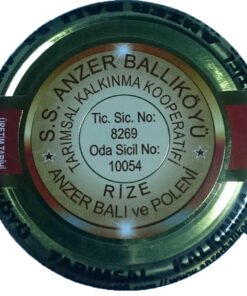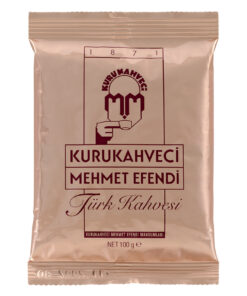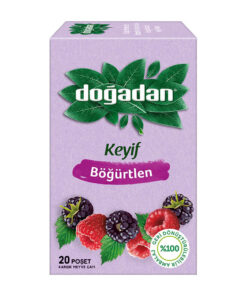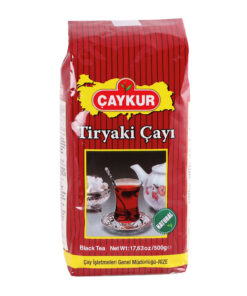Simit and Its Place in Turkish Culture
Introduction:
Simit, often referred to as the “sesame bagel,” holds a special place in Turkish culture. With its circular shape and golden-brown crust covered in sesame seeds, simit is a beloved street food and a staple breakfast item in Turkey. This article explores the historical significance, cultural importance, and culinary traditions associated with simit in Turkish culture.
Historical Background:
The history of simit can be traced back to the Ottoman Empire, where it was known as “gevrek.” It is believed that the recipe for simit was brought to Anatolia by the Sephardic Jews who migrated from Spain in the 15th century. Over time, simit became an integral part of Turkish cuisine and gained popularity among people from all walks of life.
Culinary Traditions:
Simit is made from a simple dough consisting of flour, yeast, water, sugar, and salt. The dough is hand-rolled into a ring shape and dipped in a molasses-water mixture before being coated with sesame seeds. After the preparation, the simit is baked until it develops a crispy exterior and a chewy interior. The distinctive taste and texture of simit make it a delightful treat for locals and tourists alike.
Street Food Culture:
Simit plays a significant role in Turkish street food culture. It is commonly sold by street vendors, known as “simitçi,” who carry large trays of freshly baked simit stacked on their heads or in carts. Simitçis can be found in every neighborhood, particularly during the morning hours when people rush to grab a warm simit on their way to work or school. The sight of simitçis walking through bustling streets has become an iconic part of Turkish urban life.
Social Symbolism:
Simit holds a deeper meaning beyond its culinary appeal. Sharing a simit with friends, family, or colleagues fosters a sense of camaraderie and connection. It is often accompanied by a glass of Turkish tea, enhancing the social experience. In addition, simit has become a symbol of Turkish hospitality, as offering a fresh simit to guests is considered a warm gesture of welcome.
Cultural Significance:
Simit has transcended its humble origins and become a cultural symbol of Turkey. It is often referenced in literature, poetry, and songs, representing Turkish identity and tradition. Moreover, simit has gained recognition beyond Turkey’s borders, as it is now enjoyed in various countries with Turkish communities or those who have been introduced to this delightful treat.
Conclusion:
Simit is more than just a delicious sesame bagel; it is a cultural icon that embodies the essence of Turkish cuisine and hospitality. Its historical roots, culinary traditions, and social symbolism have made it an integral part of Turkish culture. Whether enjoyed as a quick breakfast on the go or shared among friends, simit continues to be a beloved symbol of Turkey’s rich culinary heritage.











































Reviews
There are no reviews yet.